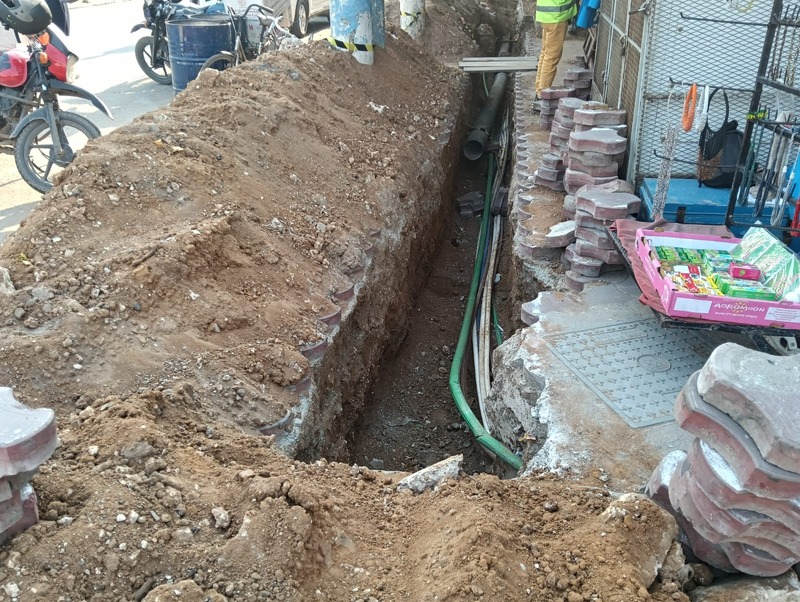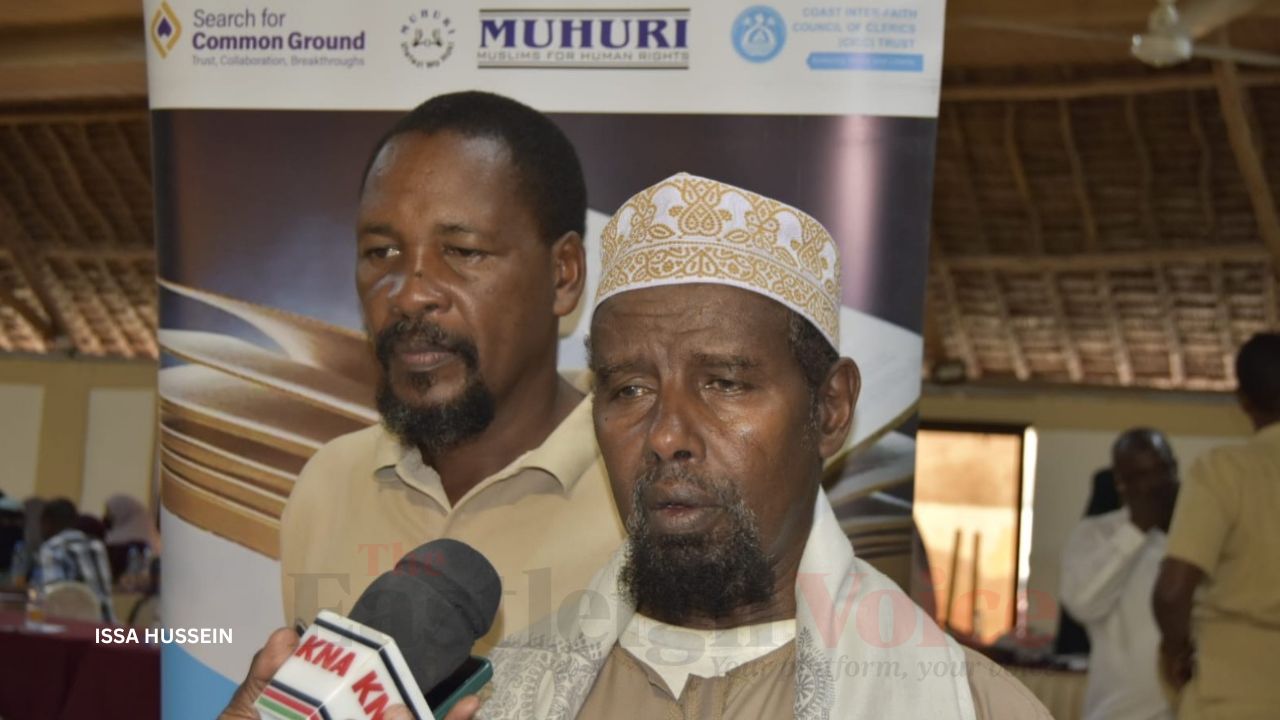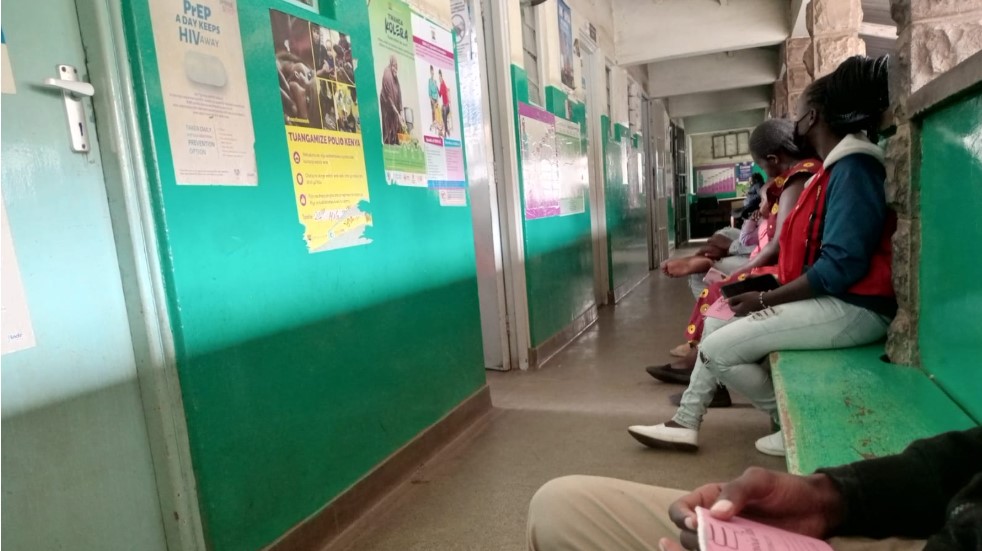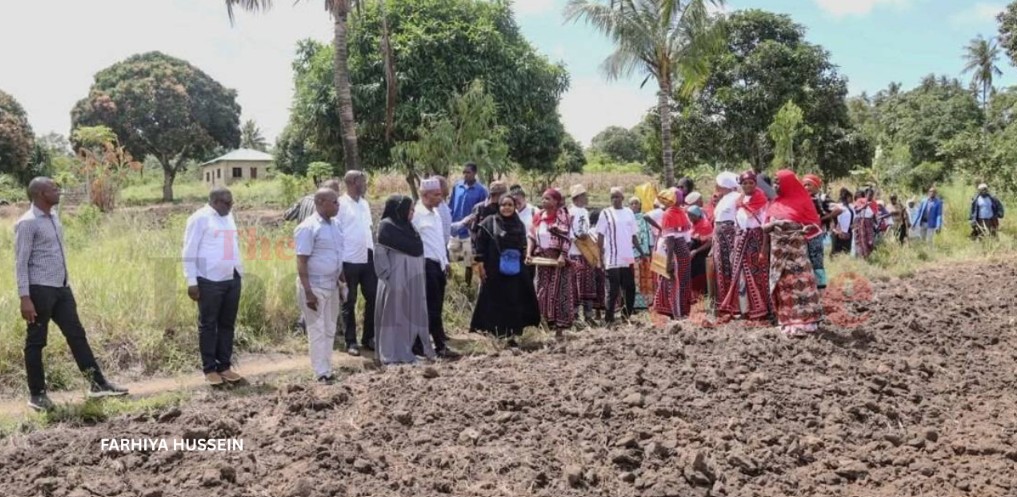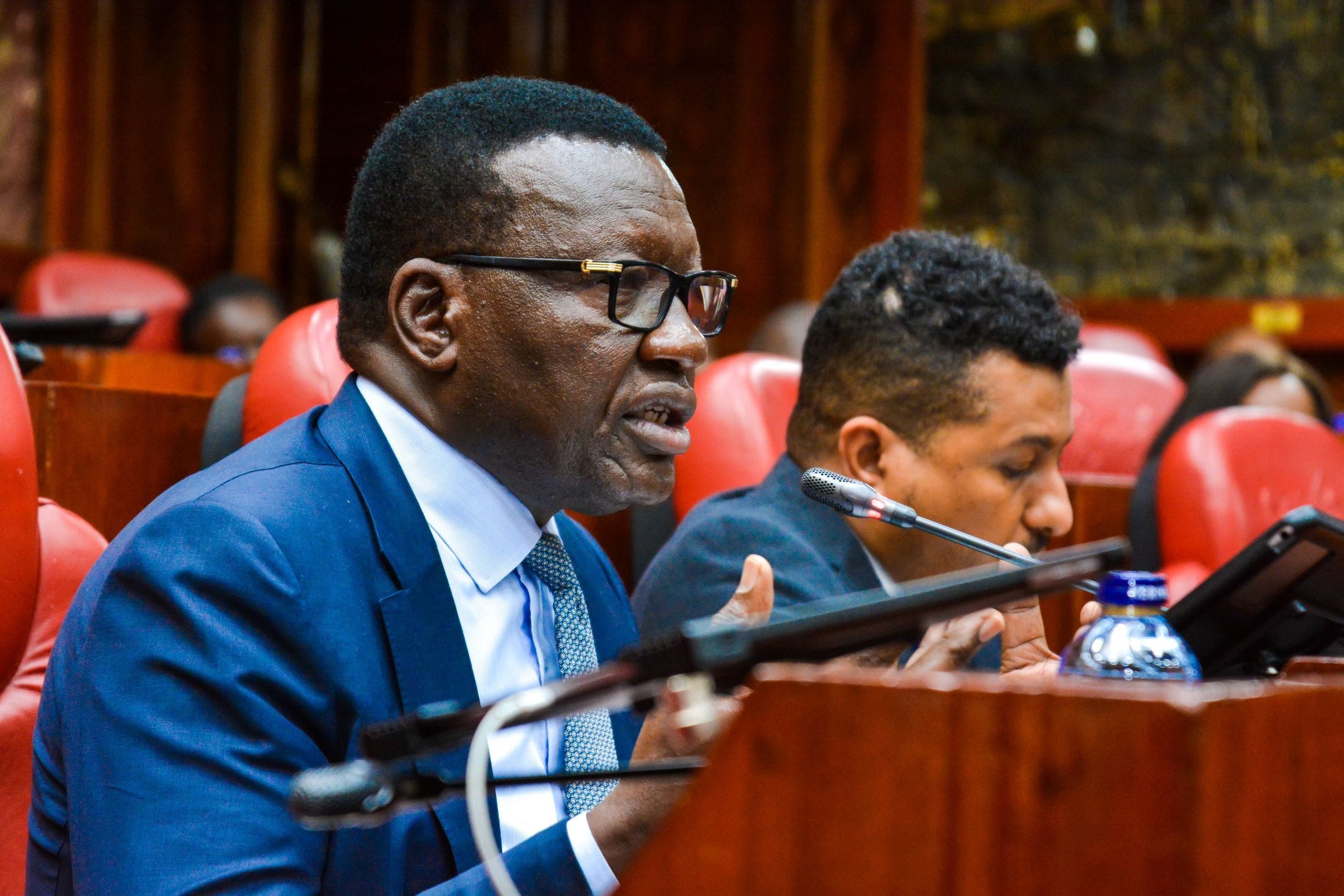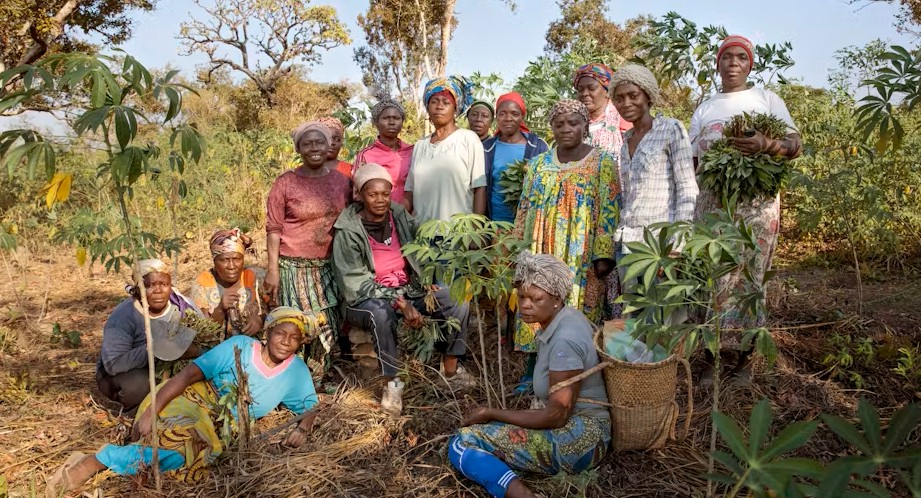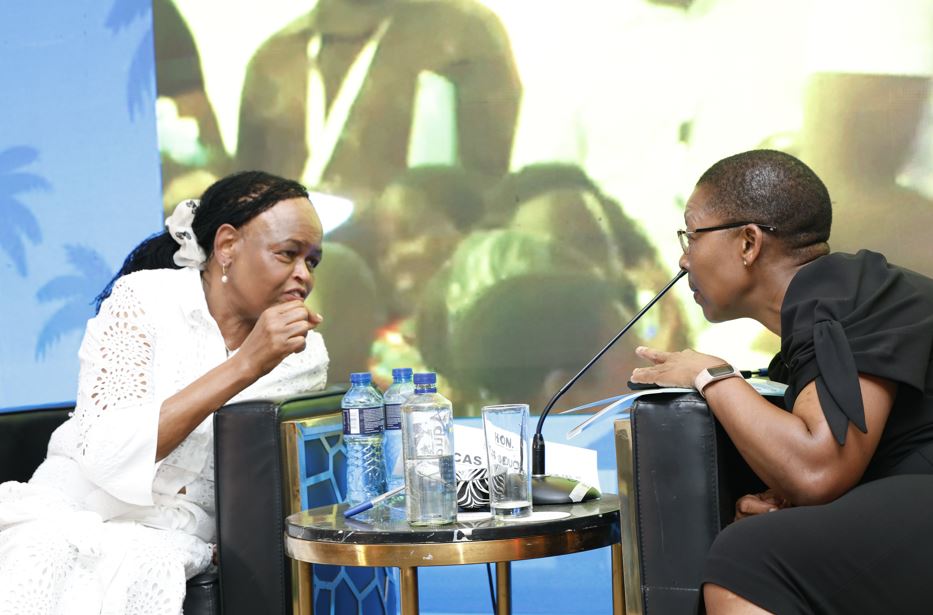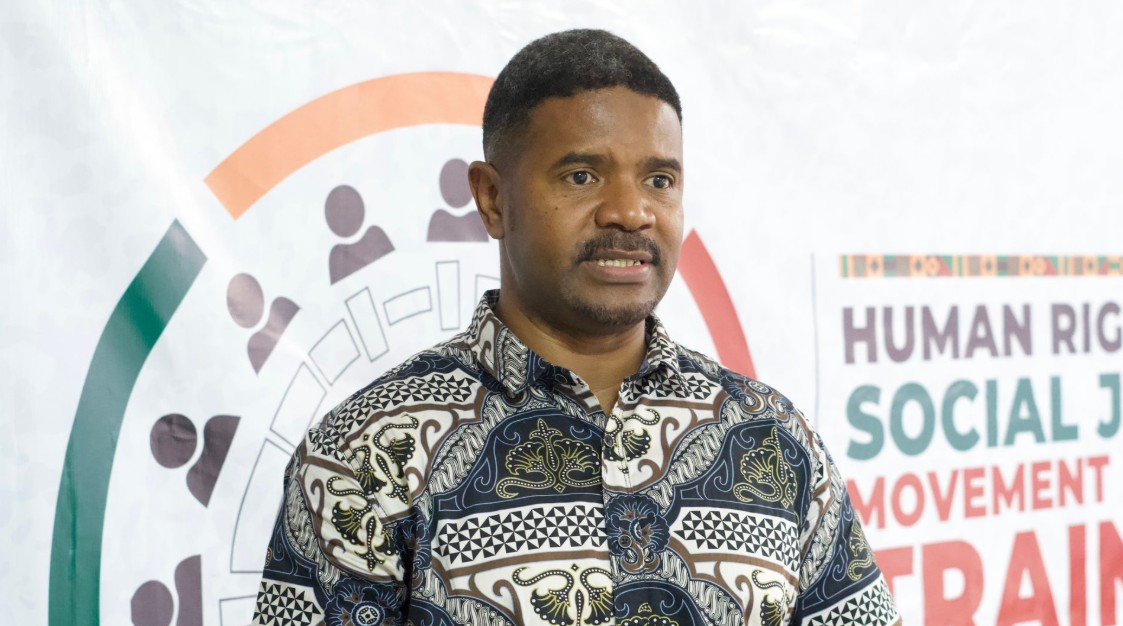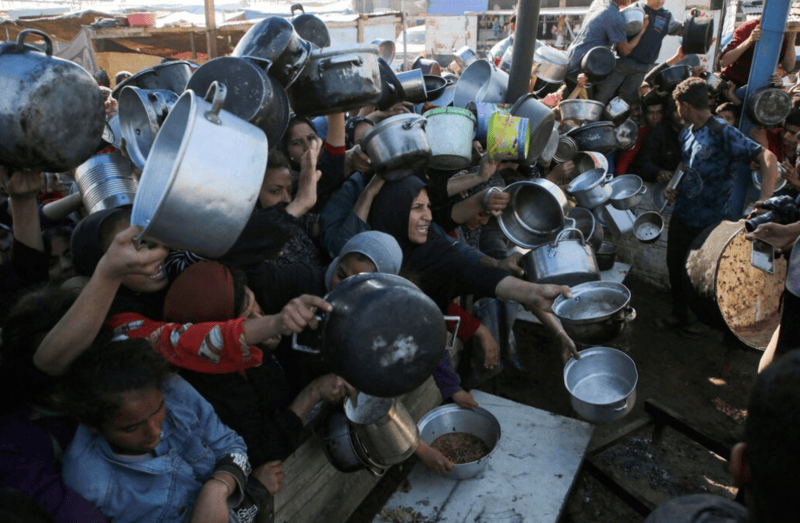Haiti: Violence and displacement driving humanitarian crisis as funding needs go unmet
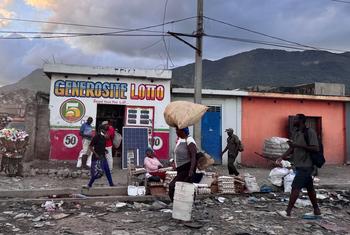
Nearly 1.3 million people in the Caribbean country have fled their homes, with an additional 15,000 uprooted last week after armed attacks in the communes of Dessalines and Verrettes in the Artibonite department
Escalating gang violence and displacement continue to drive humanitarian needs in Haiti, the UN said on Wednesday.
Nearly 1.3 million people in the Caribbean country have fled their homes, with an additional 15,000 uprooted last week after armed attacks in the communes of Dessalines and Verrettes in the Artibonite department.
More To Read
- World has tools to end Haiti’s crisis, it’s time to use them -humanitarian coordinator
- From crisis to cultivation: Haiti’s farmers build resilience one seed at a time
- Haiti declares state of emergency as gang violence spreads beyond Port-au-Prince
- US warns of heavy gunfire near its embassy in Haiti
- More than 1,500 killed between April and June in Haiti
- Haitians in ‘despair’ following abrupt suspension of US humanitarian support
Furthermore, the UN Children’s Fund (UNICEF) and its partners have screened more than 217,000 children for acute malnutrition in 2025. Some 21,500 boys and girls have been admitted for acute malnutrition treatment, representing a mere 17 per cent of the 129,000 children who are projected to need lifesaving services this year.
This malnutrition stems from severe food insecurity across the country. The Integrated Food Security Phase Classification (IPC) reported that an estimated 5.7 million people – more than half of Haiti’s population – faced high levels of acute food insecurity between March and June this year.
Education emergency
Haiti's children also face an education emergency. More than 1,600 schools remain closed in Haiti, an increase of over two thirds compared to the start of the year.
“Without access to education, children, of course, are more vulnerable to exploitation and recruitment by gangs,” UN Spokesperson Stéphane Dujarric told journalists at Headquarters in New York
In response, UNICEF has provided learning opportunities to more than 16,000 children, and the agency has given over 100,000 children mental health and psychosocial support.
Insecurity and lack of funds straining access
Despite dire humanitarian needs and commendable efforts by UN agencies, the current support “is just a fraction of what is needed in Haiti”, Dujarric emphasised.
Insecurity continues to constrain the humanitarian response, causing access challenges, supply shortages and the closure of health facilities.
Subsequently, the many displaced families in urgent need of hygiene supplies, food, emergency shelter, medical assistance and other essential items are often unable to access them.
Humanitarian response is also hampered by a severe lack of funds.
“Haiti remains, as I have said here many times, the least funded of our underfunded country appeals globally,” Dujarric stressed. More than halfway through the year, the Haitian humanitarian response plan has received less than 9 per cent of the $908 million required.
Top Stories Today

